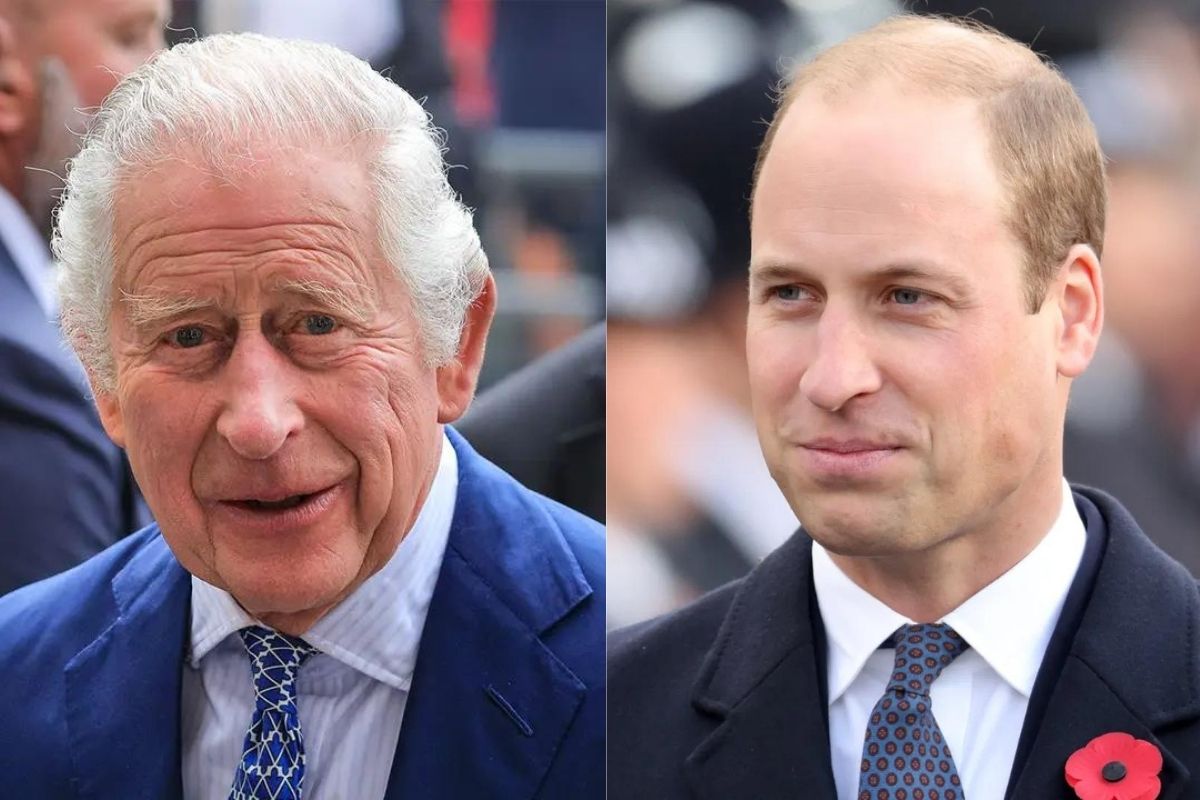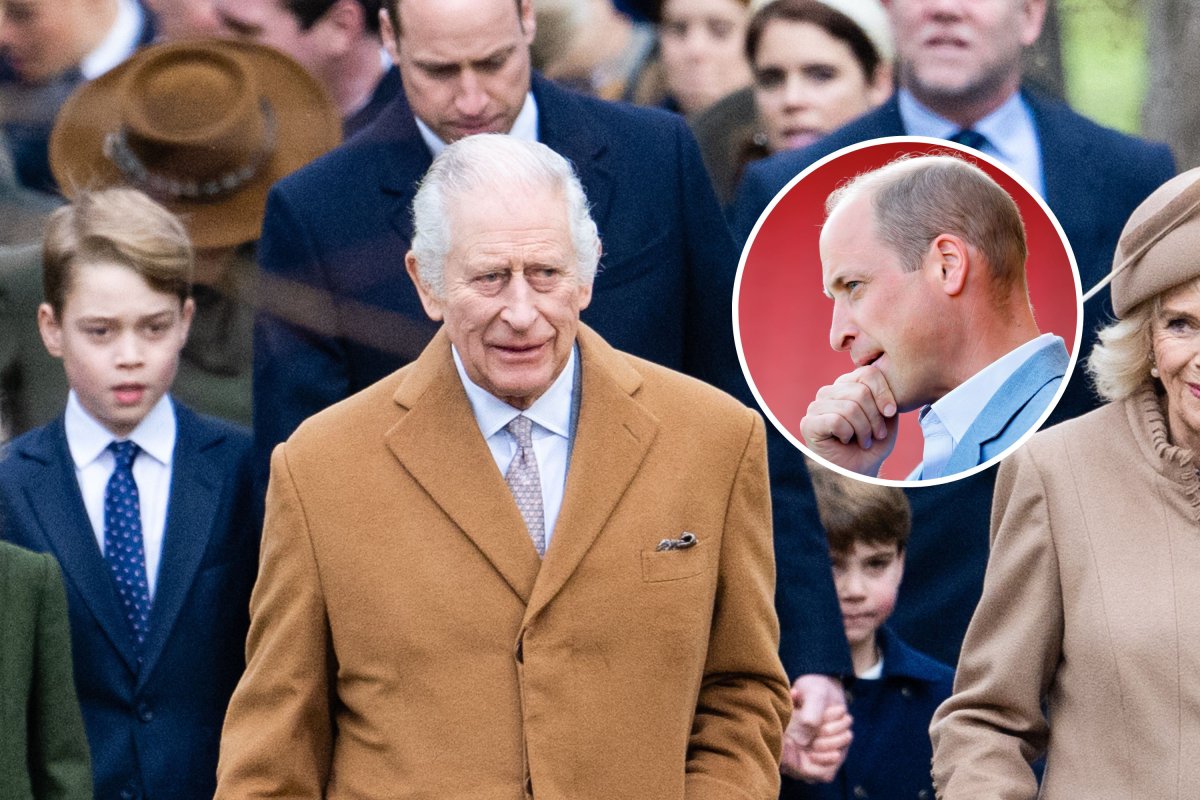William’s brave decision moved King Charles to tears as he faced the greatest challenge of his life
In a very emotional and unexpected turn of events, Prince William has taken a decision that has allegedly moved King Charles to tears as the King faces what is arguably...

In a very emotional and unexpected turn of events, Prince William has taken a decision that has allegedly moved King Charles to tears as the King faces what is arguably his greatest challenge in life—his continuous battle with cancer. While Buckingham Palace has attempted to downplay the gravity of King Charles’ illness, persistent reports and fears indicate that his condition remains a major concern.

As King Charles continues to carry out his royal duties while managing his health, there is increasing pressure on Prince William to step forward as the future king. Speculation has grown within the palace and among the general public that King Charles’ illness may necessitate an earlier-than-expected transfer of power.
The notion of premature abdication or delegation of responsibilities has sparked quiet debate, with many seeing Prince William as a source of stability for the monarchy’s future.
However, in a surprise and sincere move, Prince William has stated that, while he is entirely dedicated to supporting his father during this difficult time, he does not feel prepared to take on the full obligations of the crown just yet.
This decision has had a great impact on King Charles, who has spent over 70 years preparing for his duty as monarch and will ultimately succeed to the throne in 2022 following Queen Elizabeth’s death.
According to royal family sources, Prince William’s reluctance stems from a great respect for his father’s unwavering commitment to his duty as king. William understands the enormous mental and physical toll that the crown can exact, particularly given the current circumstances.
By stating his desire to wait before taking on the task, William demonstrates a thorough comprehension of the gravity of the situation and a determination to taking it on only when the moment is genuinely appropriate.

This choice apparently resulted in a very emotional moment between father and son, with King Charles driven to tears by William’s sincerity and the gravity of the situation. For King Charles, this is most likely a bittersweet time.
On the one hand, he may be glad that his son isn’t looking to replace him and is instead focused on helping him through his health issues. On the other hand, it must be difficult for him to accept the fact that his long-awaited rule has been overshadowed by such a big personal difficulty.
Prince William’s decision has huge ramifications for the monarchy. It implies that there will be a period of ongoing shared responsibility, with King Charles at the forefront as William gradually takes on more responsibilities. This technique allows William to transition into the role at his own pace, ensuring that when the time comes for him to assume the full responsibilities of kingship, he is completely equipped.

King Charles, who made history as the oldest king to come to the British throne at 73, faces a reign that, if he lives as long as his mother, Queen Elizabeth, may not last much longer than 24 years. As a result, he may not commemorate big jubilees or milestones, making the early years of his reign especially crucial.
Prince William’s decision not to rush into kingship despite external influences may be viewed as smart and mature. It enables for a smoother, more gradual transfer when the time comes, ensuring that the monarchy is led by someone who is properly prepared to assume its enormous responsibilities.
For the time being, the focus is on supporting King Charles as he navigates his health issues, with Prince William standing by his side—not as a successor, but as a devoted son and leadership partner.
